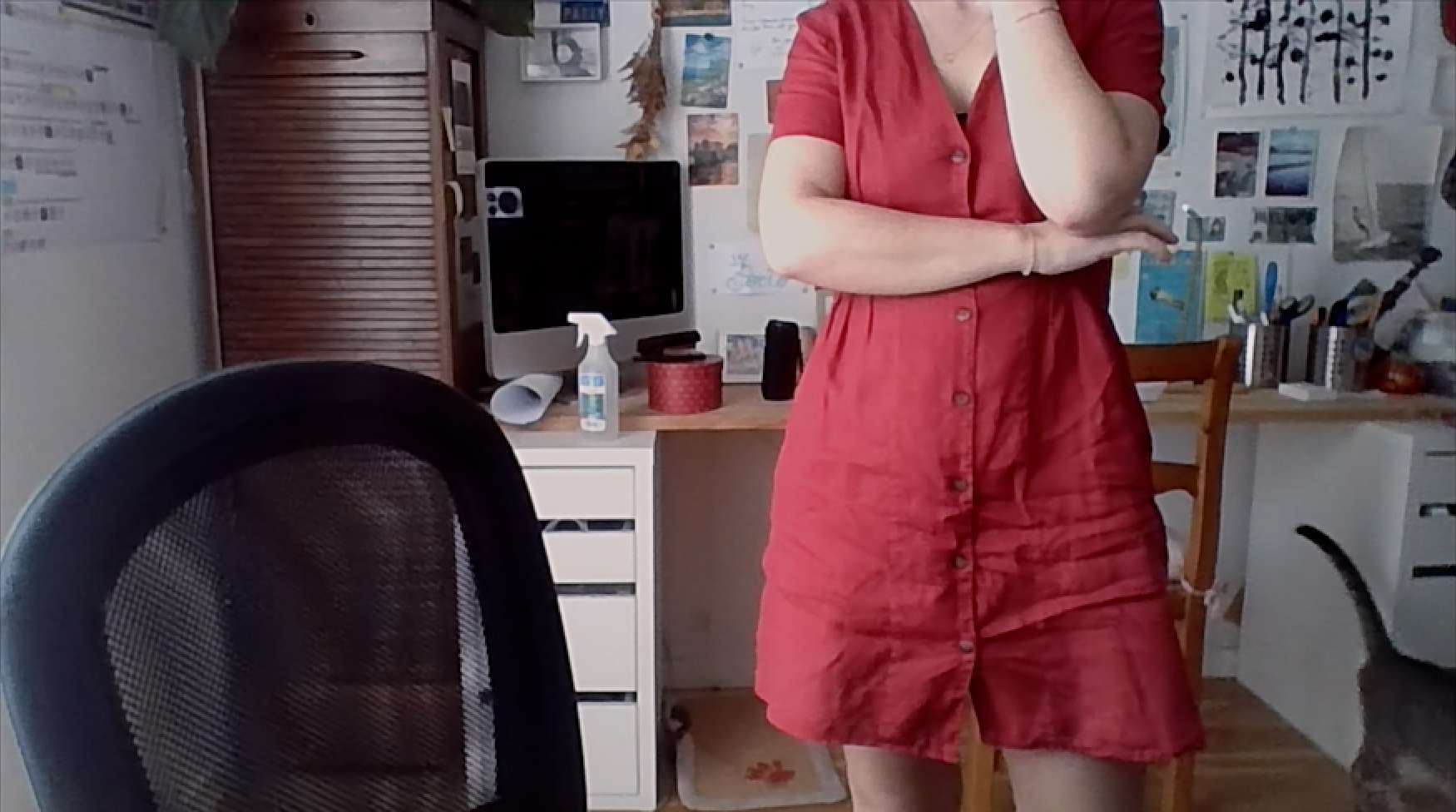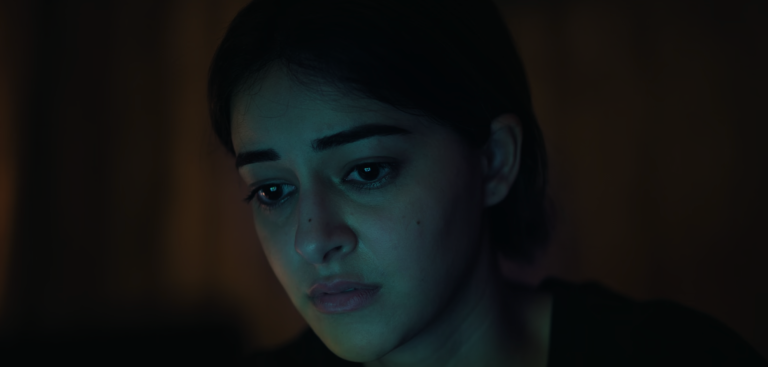Patricia Franquesa’s My Sextortion Diary is a terrifying film. The director depicts events dating from 2019, when on a trip to Madrid, her laptop got stolen, following which she fell prey to a hacker. The hacker demands money whose non-payment would make him send out all her intimate pictures to her work contacts and friends. She refuses to comply. Although that’s what’s advised in such situations, there’s next to no formal and institutional support. Redressal becomes an increasingly limited option.
There’s nary a chance of accessing proper legal aid. Does it even exist for availing? That’s the bigger question the film provokes. Where’s the police assistance? She’s essentially left on her own to tackle the crisis that deepens the more she delays in paying up. Nevertheless, if there’s one thing she’s firm about, it’s an absolute rejection of negotiating with the hacker. By playing into his deal, she will only cede all power to him.
How many can summon the incredible unwavering courage of Franquesa? How many can impede theirs, not being entirely bogged down by the enormity of despair? Franquesa chooses not to sink in misery but treats her dire situation with humor and lightness, ably supported and bolstered by her friends. A lot of the film comprises the back-and-forth of messages between her and her friends, who constantly check in on her. She draws her strength from such support, but she is also inherently supremely confident in her skin.
She goes through nerve-wracking, escalating circumstances but keeps going on the path she chose to take in handling the harasser, not budging from it even when things get pretty overwhelming. I was genuinely awed at her tenacity; however, the film specifically counters such thinking as mine, which puts more stress on the harassed to cave in instead of resisting since it is the attacker who ought to be warier about his actions. Why does the need instantly shift to the wronged, vesting her with humiliation?

Of course, the film is quite overtly gesturing to a repossession of shame, but, above everything, everything we continue to punish ourselves about, even in matters of violations. We become laden with guilt. The film eschews those negative emotions we carry about ourselves and reasserts a fundamental embrace of understanding dignity as that of not being vulnerable to deprivation for the misdemeanours of others. It is stronger and tightly bound to how we perceive ourselves and the relationship to our bodies we wish to uphold.
The film circles her wrestling power back into her hands. It’s the culmination of a process of realization that she has nothing to lose. It’s her body; it’s she who has the ultimate agency in determining her projection, a complete repudiation of anyone’s attempts at controlling her. Essentially a screen-based film, it is a collation of emails, texts, and short self-recorded videos, priming the style of digital remove as an effective retaliation against the hacker/anyone’s moves to dictate her physical, tangible self. It is a way of pushing back against the dread of a remote stranger having utter virtual access by engaging on only the screen level.
It’s a hellish journey the director takes us on, yet one that isn’t devoid of finding power and agency in oneself. There are genuine moments of pure gut-twisting apprehensions here. Many may not have the gumption and capability to own themselves as Franquesa but her clear-headed approach to her unimaginably fraught situation is endlessly inspiring. Her honesty shines through the film, some of whose portions do feel too curated. Occasionally, the way she makes us navigate what happened to her veers to the distractingly neatly tailored. In spite of this hiccup, My Sextortion Diary persists as an urgent, unsettling work.
My Sextortion Diary screened at Hot Docs 2024.
My Sextortion Diary (2024) Documentary Links: IMDb, HotDocs





![Starman [1984]: A Sweet, Tender & Heartfelt Tale of Love & Sympathy](https://79468c92.delivery.rocketcdn.me/wp-content/uploads/2018/09/Starman-768x432.png)


